Staying Fit

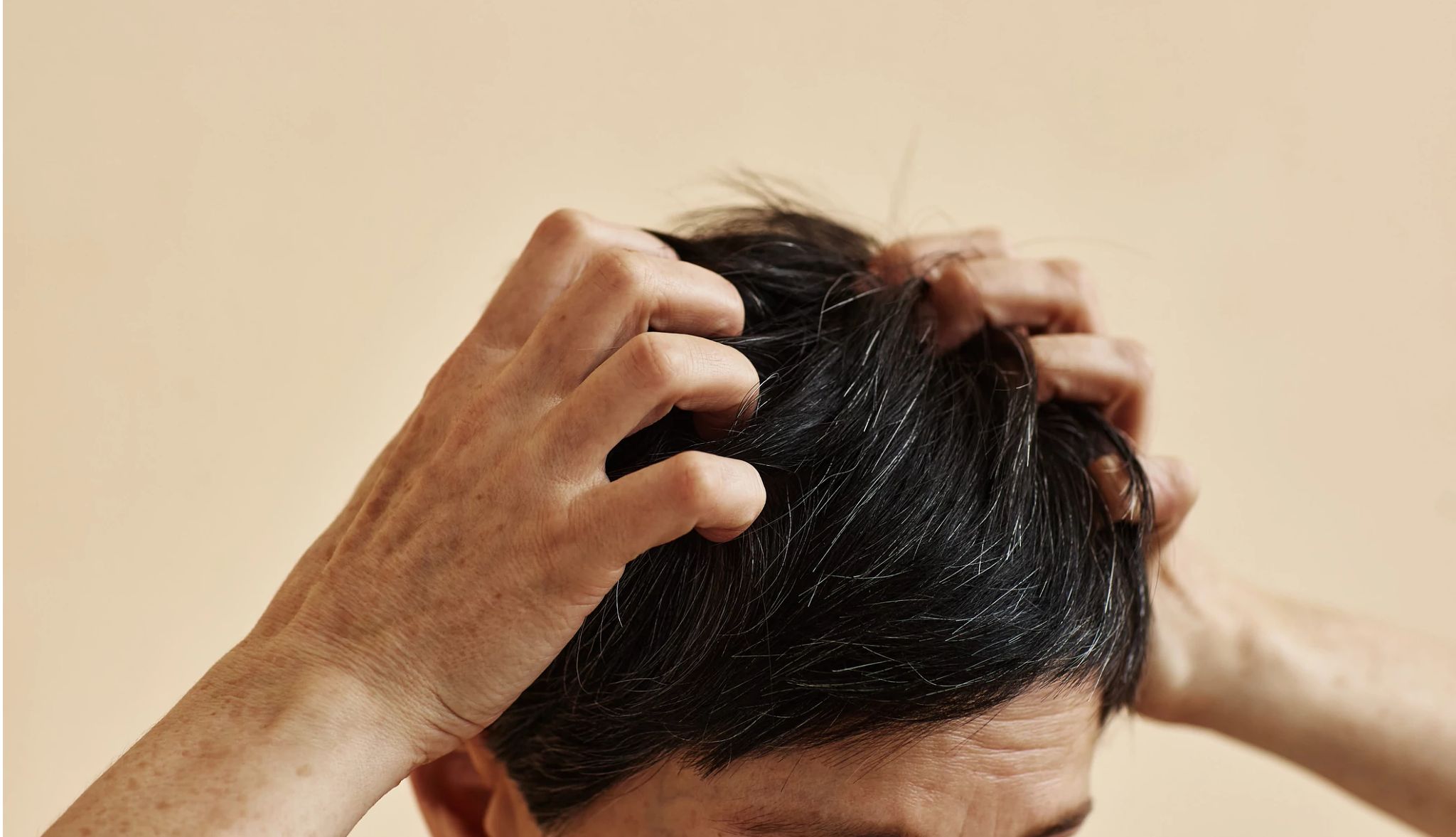
“I can’t concentrate. I can’t sleep. This is driving me crazy. It’s ruining my life.
Those are the kinds of things that dermatologist Brian Kim, M.D., says he hears from patients with persistent scalp itch. It may seem surprising, since our scalps make up a mere 2 percent or so of our skin area, says Kim, who researches chronic itch at the Icahn School of Medicine at Mount Sinai in New York.


AARP Membership— $12 for your first year when you sign up for Automatic Renewal
Get instant access to members-only products and hundreds of discounts, a free second membership, and a subscription to AARP the Magazine.
But he and other skin doctors say our scalps are a nerve-rich area, prone to itch from many causes. Scalp itch can be “miserable,” but it’s usually treatable, once you figure out what’s going on, says Melissa Piliang, M.D., chairman of the department of dermatology at Cleveland Clinic.
Here are some of the possibilities:
1. Seborrheic dermatitis
This is the condition that causes dandruff, a flaky scalp. In more severe forms, it can also cause very itchy, greasy, scaly patches on your scalp. It’s the most common cause of an itchy scalp with a rash, Kim says.
The underlying cause is a yeast that grows on everyone’s head, Piliang says. You get symptoms when the yeast overgrows. That can happen even if you’ve never had dandruff before, she says, especially if you start washing your hair less often — something that’s common in older adults.
For reasons that aren’t well understood, people with certain neurological conditions, such as Parkinson’s disease and stroke, are especially prone to seborrheic dermatitis, Piliang says.
What to do about it: Start with an over-the-counter dandruff shampoo. These shampoos contain a variety of ingredients. So, if one formula doesn’t work for you, the American Academy of Dermatology suggests alternating between shampoos with different ingredients. Also, try washing your hair more often, Piliang suggests: “If maybe you’re doing it once a week, maybe you try two or three times a week.” If none of that works, see a dermatologist, who can offer prescription shampoos and medications, she says.
2. Psoriasis
If your itchy scalp comes with a scaly rash, another possible cause is psoriasis, believed to be an autoimmune disorder that runs in families and can cause thick, itchy skin patches. Psoriasis can develop at any age, but for late-onset psoriasis, there’s a peak between ages 50 and 60, according to the dermatology academy.
A dermatologist can usually differentiate between psoriasis and seborrheic dermatitis on your scalp because psoriasis patches have clearer, well-defined borders, says Gil Yosipovitch, M.D., a professor of dermatology at the University of Miami Miller School of Medicine. You might also find patches elsewhere on your body.
What to do about it: While there are some over-the-counter shampoos for psoriasis, it’s important to see a dermatologist to confirm the condition and make sure you get the best treatment, Piliang says. She notes that psoriasis can cause complications, such as arthritis, that need treatment as well.
3. Hair dye or other hair products
Even if you’ve used hair color for years, you can develop an allergy to it, especially if it contains an ingredient called paraphenylenediamine, or PPDA, commonly found in permanent hair dyes, Piliang says. Unless you use “wash and wear” dyes that come out after a few washes, it probably contains PPDA, she says.




























































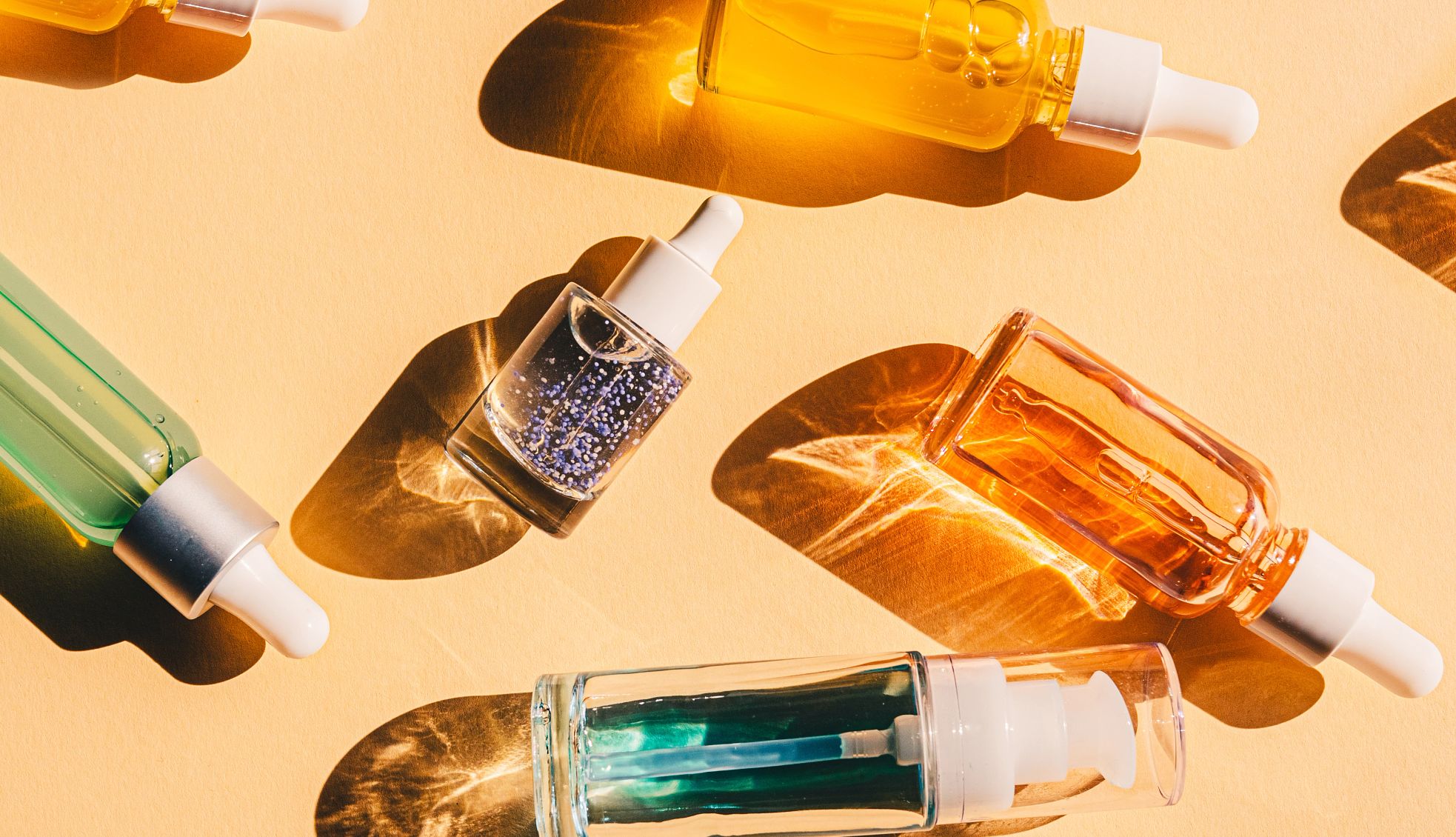
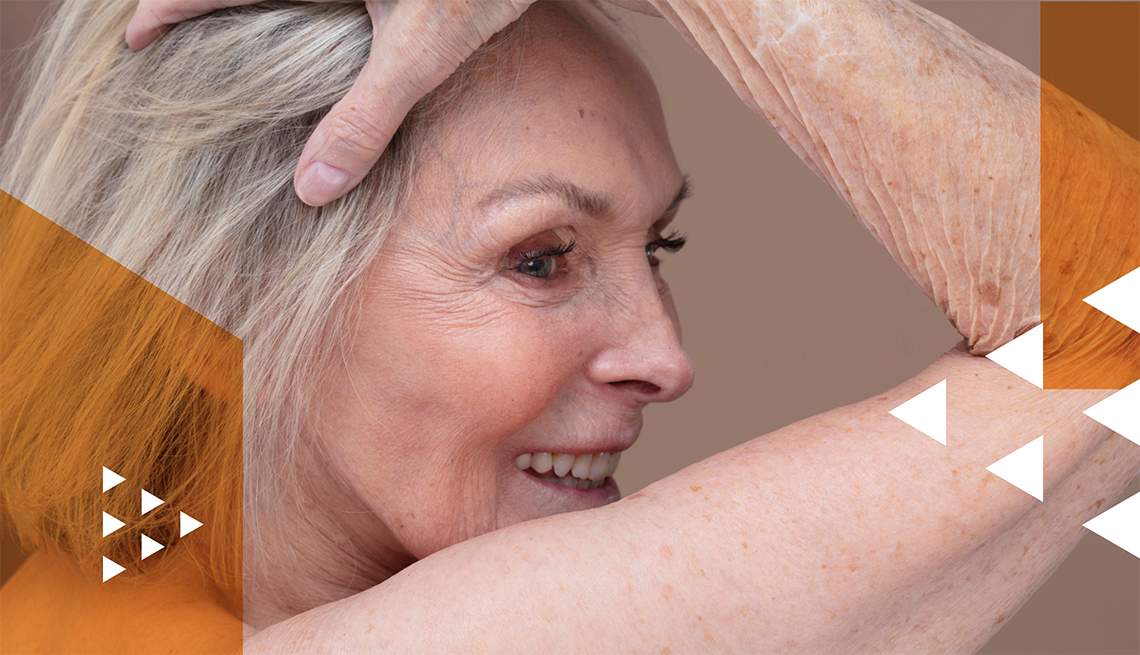
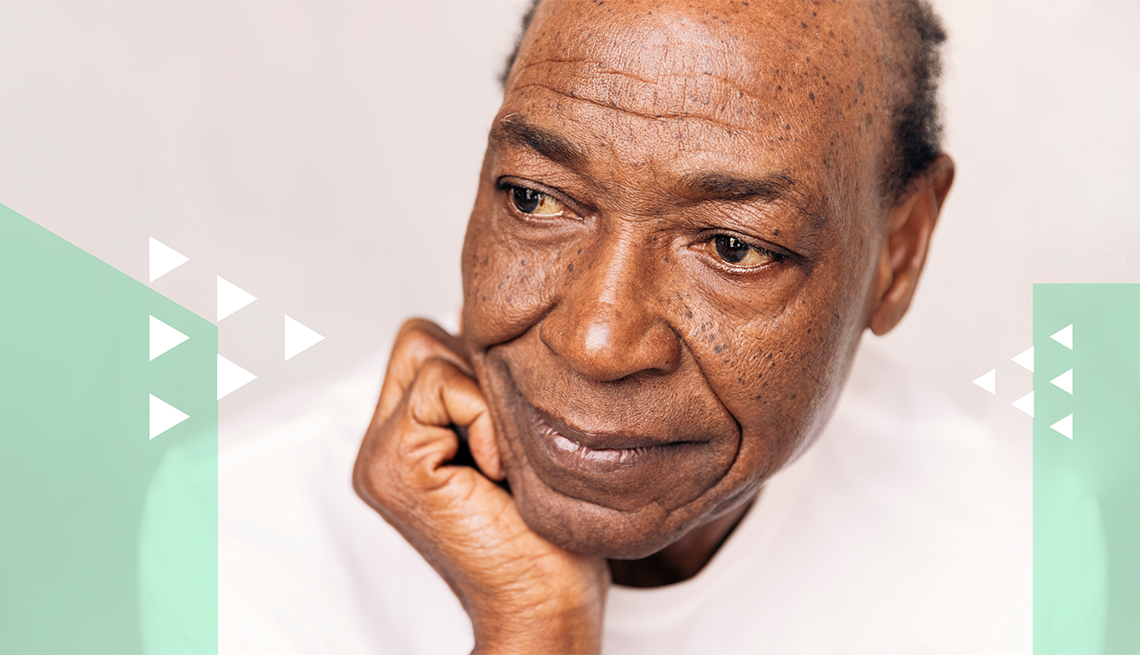
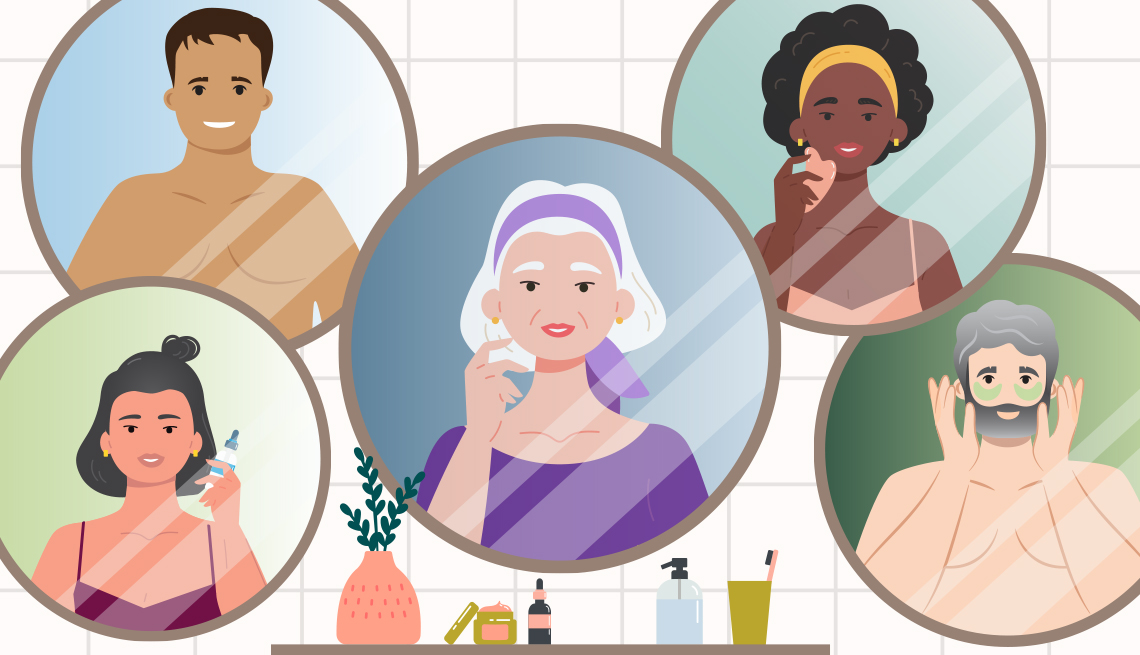
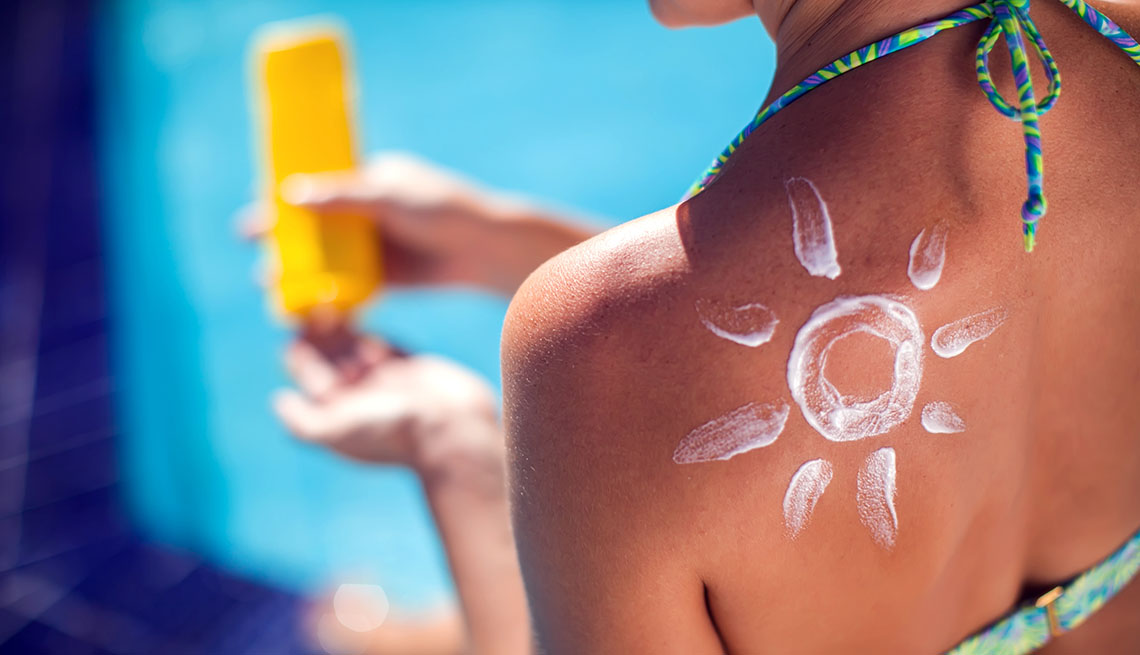
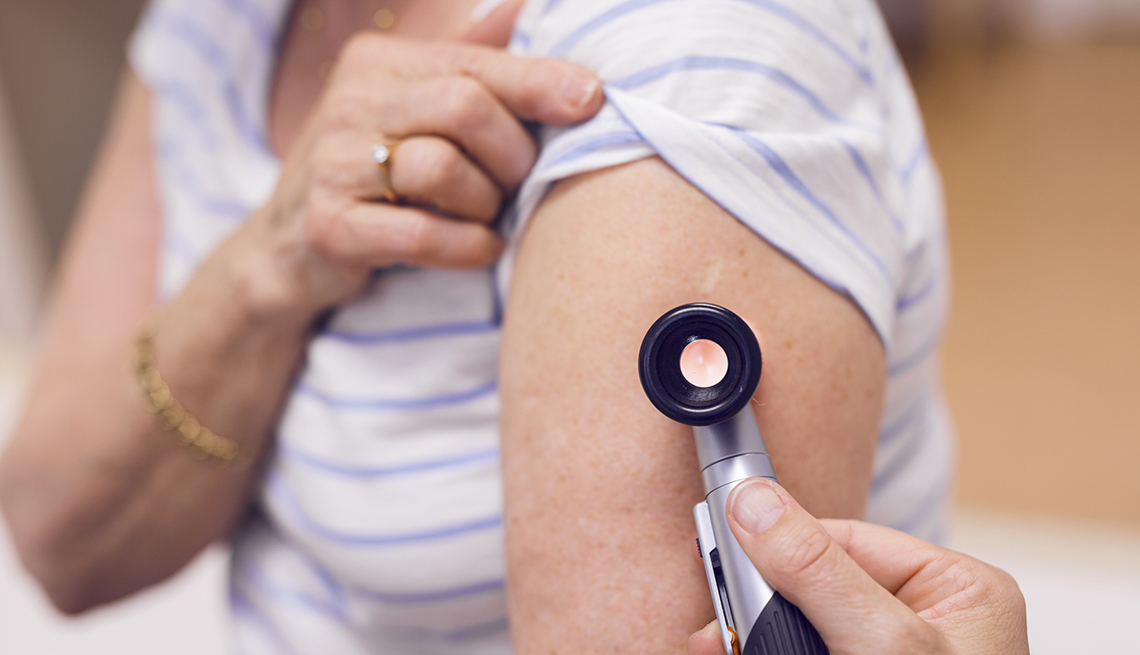










More From AARP
Why Women Lose Their Hair
Plus how to make it grow back8 Types of Drugs That May Cause Hair Loss
Suddenly losing your hair? The culprit could be your prescription medications
22 Easy and Affordable Tips to Reboot Your Beauty Regime
Give maturing skin and hair the right kind of attention
Recommended for You